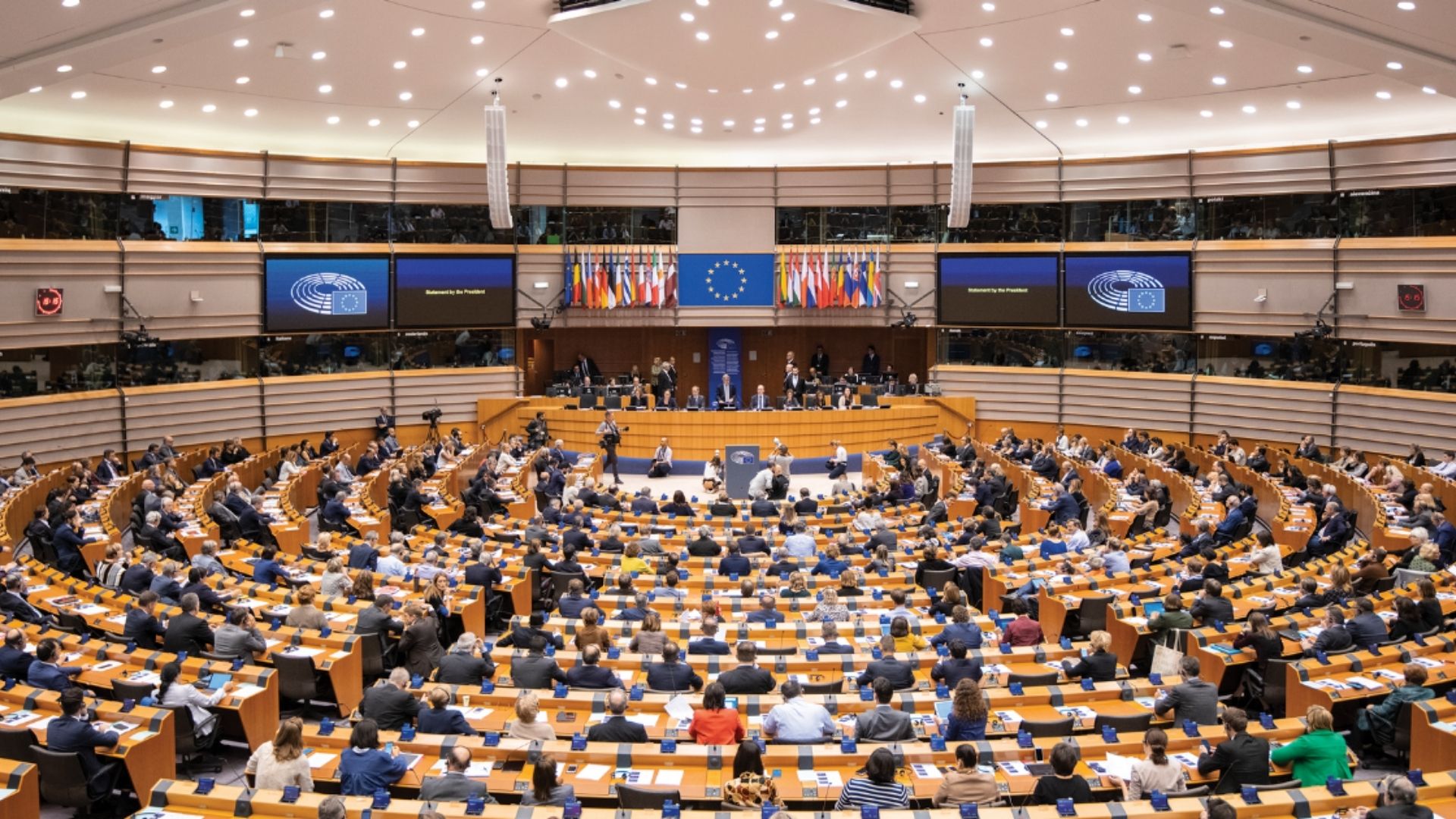The pandemic has forced us to find new and different ways to approach many issues. New EU policies and funding regulations that promote the transition from institutions to family and community-based care were published earlier this year. Hope and Homes for Children’s Director of Global Advocacy, Michela Costa, asks – is this the start of the fightback against orphanage care?
A decade on from the disaster in Haiti, and with a stark reminder by another 7.2 magnitude earthquake in August, we stand again on the edge of a child protection precipice. This time, however, it’s not just mother nature putting a strain on the already weak childcare systems of so many countries. Whilst it’s estimated that for every two deaths from Covid one child has lost a caregiver, leaving them bereft and often at risk of abuse, exploitation or confinement to an orphanage, this is only the start. It’s often the secondary impacts of Covid—the economic devastation affecting so many vulnerable families—pushing children over the line into poverty, and consequently orphanages. Where parents cannot work or face a drop in income due to lockdowns and economic collapse, children are once again going hungry, without essentials like clothes, heating or education. For many, handing sons and daughters to an orphanage will soon appear their final option to give these children the better future they so desperately crave.
There is an urgent need, exacerbated because of Covid, to rapidly change care systems to prevent family separation and meet the needs of the millions of children who, right now, are desperate for our help. But how we collectively agree to do this is at stake. Of all the key lessons of the past, the one we must learn to move towards for a world free from institutions, is that money must flow away from orphanages and into supporting families.
Where do EU policy and funding decisions fit in?
The right policies, like the EU’s new Child Rights Strategy which demonstrates a long-term commitment to protecting children in families and communities instead of institutions, are a start. By recognising that many countries still need national policies and legislation to support families, protect children and reform their care systems, funding mechanisms can be key to provoking action. As the biggest redistributor of funds across the European region and donor of foreign aid globally, the EU has a prime role to play in ensuring that money sent to countries for their development targets safer, family-based care for vulnerable children.
In June, the EU included childcare system reform (transition towards family and community-based care rather than institutions) as one of the eligible areas for funding across a wide range of regulations. The final legal wording for the regulation documents that accompany this funding for the next seven years (2021–27) was officially published online, in the Eur-lex journal. Four major regulation documents (the Common Provisions Regulations, the European Social Fund Plus, the European Regional Development Fund, and the Neighborhood, Development and International Cooperation Instrument) all include clear references to care reform, specifically that funding shall promote “the transition from institutional to family and community-based care”—something we have been advocating for consistently for years.
The world that can be built after Covid does not have to make the same mistakes.
A small phrase, in a few legal documents. But it could have a huge impact on children’s lives. EU funding should target governments and programmes whose aim is to close orphanages and help children by supporting their families, while ensuring money cannot be spent funding institutions. The difference is crucial, because a strong, supported family is always best placed to give what every child needs most to thrive—a safe, nurturing environment and a sense of belonging. This is the best, most human response to a pandemic which has claimed so many loved one.
